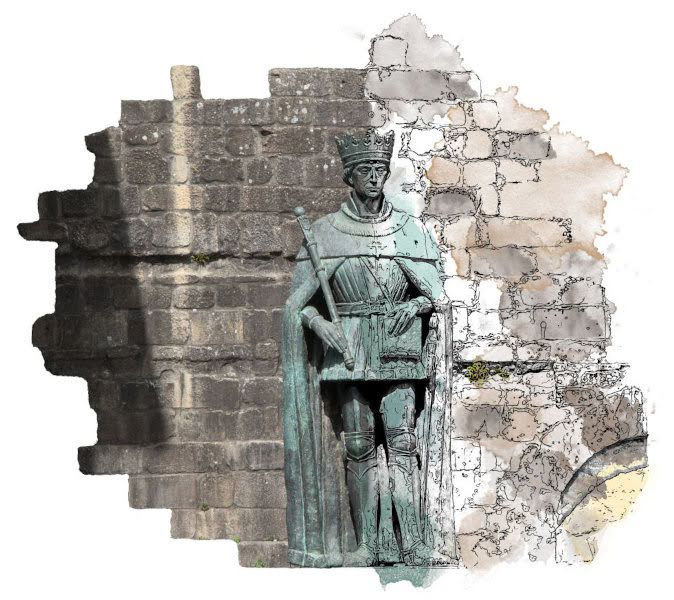THE ANCIENT PAÇO DA TORRE
Ex-libris of the historical centre of Viseu
Lost in the mists of the centuries is the year in which this Tower was raised on the old Cadeia street and by whose will.
The Duchy, one of the first two in Portugal, was created in 1415 by king D. João I and given to the then lord of Viseu, Infante D. Henrique. It is not difficult to imagine that it was here that the Navigator Infante stayed overnight when the duties of the Duchy brought him to Beiras region, perhaps receiving his guests and enjoying his free time.
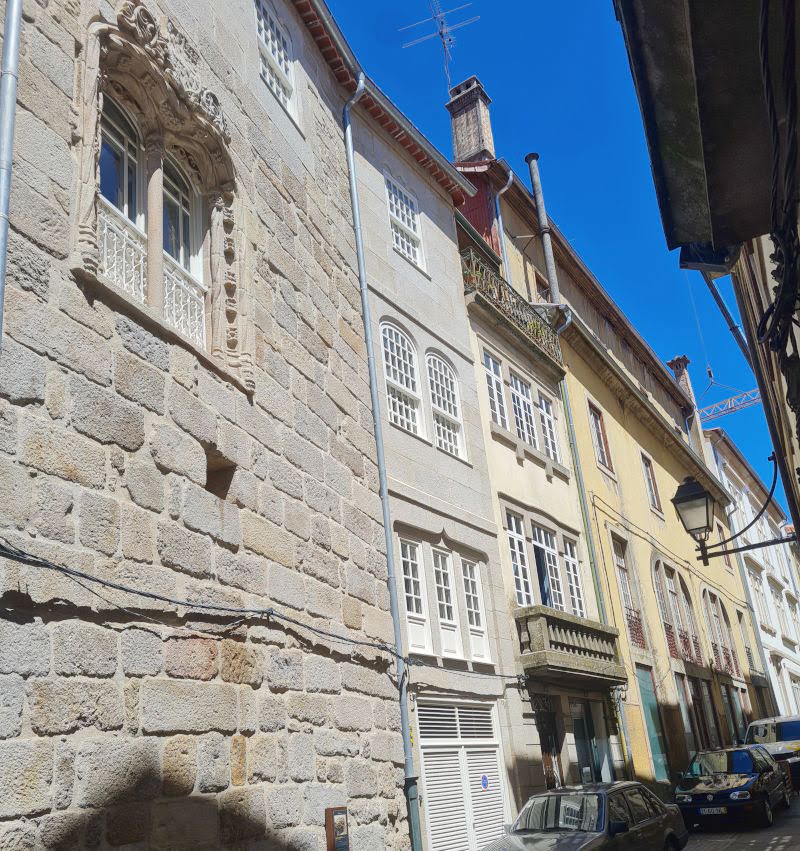

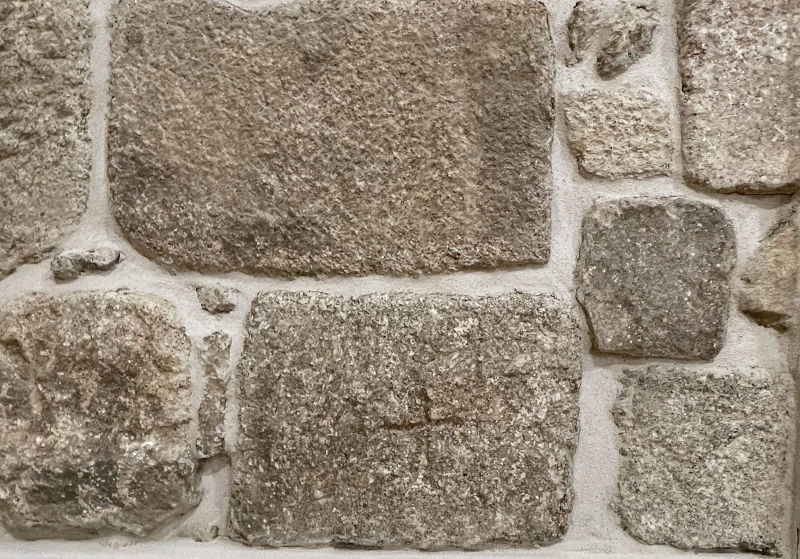
The death of the Duke of Viseu, in 1460, transferred the possession of the Torre to the Cabido da Sé that, in order to create revenue, promptly leased it to one of the most illustrious families in the city, the Gomes de Abreu. Like all centenary buildings, the Torre Medieval (medieval tower) has been transformed and adapted to the different needs and preferences that the changing times and owners never fail to bring.
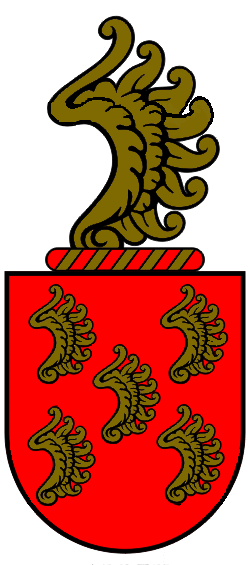
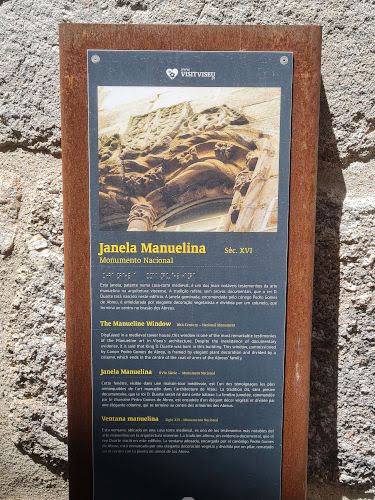
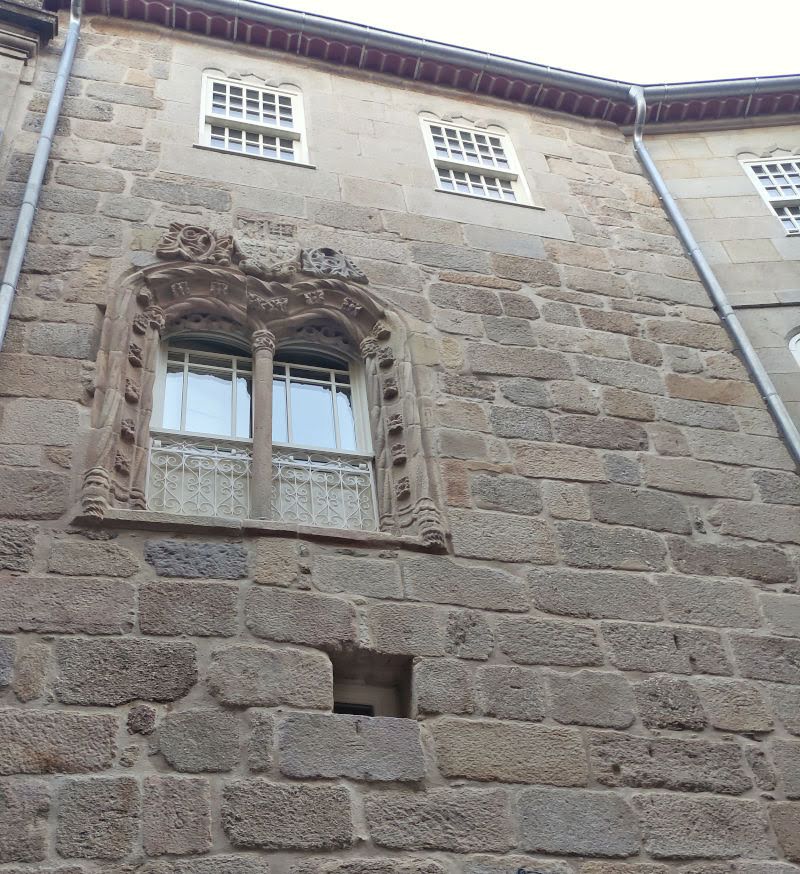
One of these attempts to update is the beautiful Manueline window with coat of arms, an affirmation of the social status of the new owners. The stone reveals the coat of arms of the Gomes de Abreu family, to which the commissioner of the building, Pêro Gomes de Abreu, son of the former Bishop of Viseu and canon in the Sé, belonged. Acording to popular belief, it was in thus coat of arms that D.Duarte was born.
The crosses on the coat of arms have been wrongly interpreted as the Cruz de Avis, a symbol associated with king João I, Master of Avis. Therefore, it was believed to be the Casa de Almoxarifado de Viseu in which D. Duarte was born, and that is how it has remained in History.
Guest House
The Torre Medieval
Nobody knows if it was really here that king D. Duarte was born on 31 October 1391, but it is so much more romantic to think so. The same must have thought those who, in 1911, classified the Torre Medieval as a National Monument, recognizing its exceptional historical and artistic value for the city of Viseu and for Portugal.

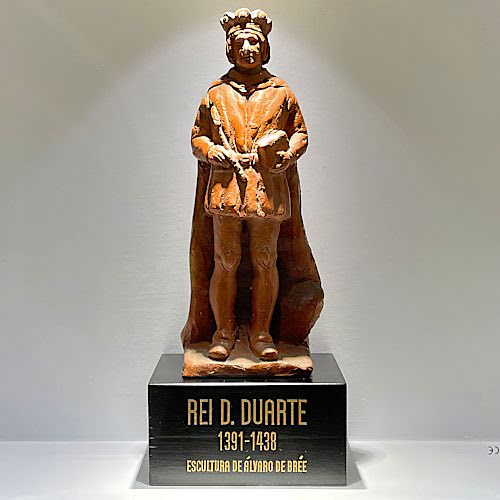
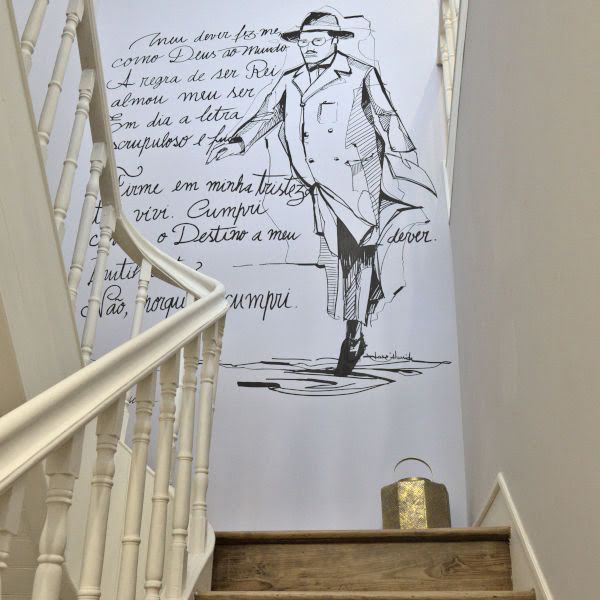
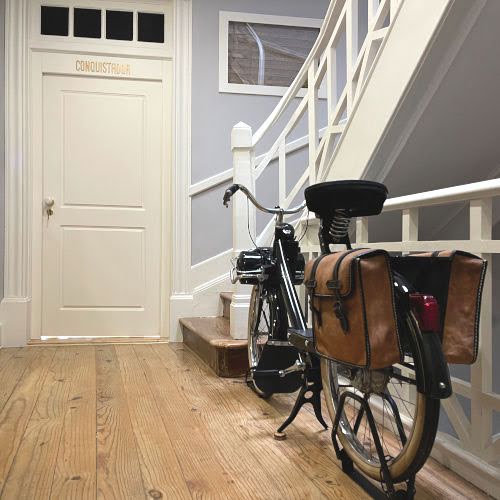
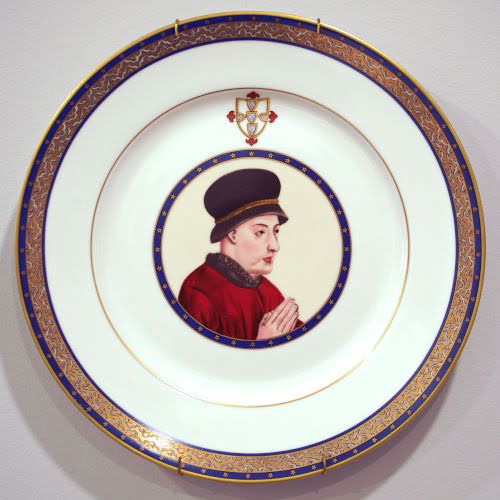
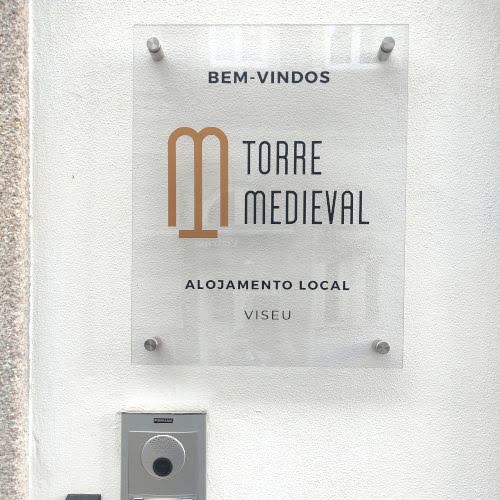
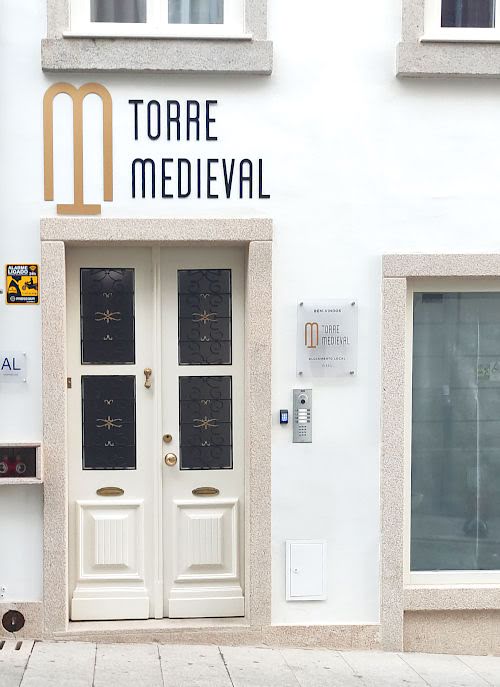
THE ELOQUENT
The King D. Duarte I
Known as “The Eloquent” and “Philosopher-King”, he was the eleventh king of Portugal, the second of the Avis Dynasty.
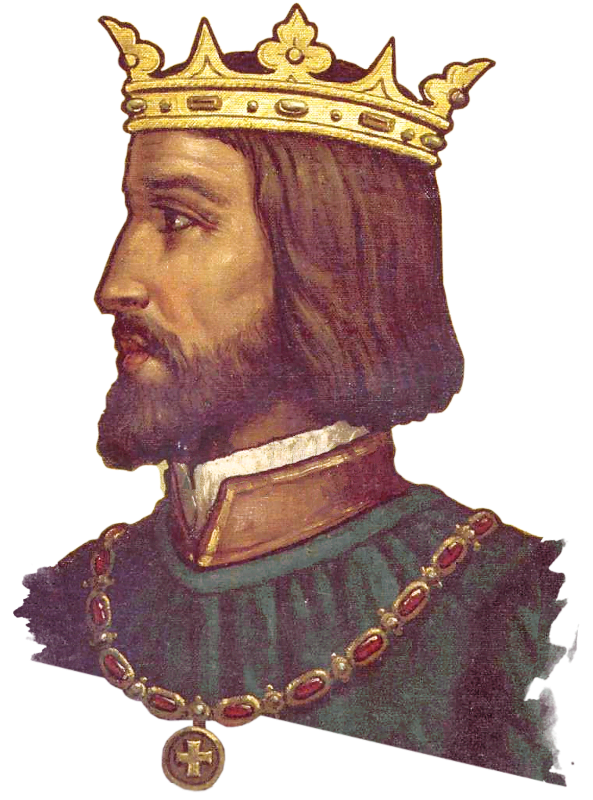
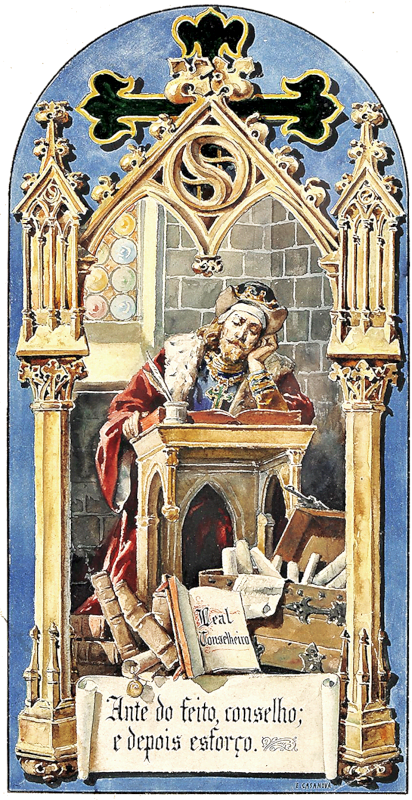
He was born in Viseu on 31 October 1391 and died in Tomar on 9 September 1438. Son of king D. João I and queen D. Filipa de Lencastre, on the death of his older brother Afonso, he became heir to the Portuguese Crown.
D. Duarte was named after his mother’s grandfather, king D. Edward III of England. From a very young age, D. Duarte accompanied his father in the affairs of the kingdom, and was thus an heir prepared to reign; in 1412 he was formally associated with the governance by his father, having the affairs of justice and finance.
He was a cultured man, with a love for literature, possessing a rich library and with a wide knowledge of the classical authors and the doctrines of the Church, as evidenced by his book “O Leal Conselheiro”. He also composed “A Arte de Bem Cavalgar Toda a Sela”.
D. Duarte ordered the compilation of all the kingdom’s legislation, which would only be finished during the reign of D. Afonso V, hence its name, Ordenações Afonsinas.
D. Duarte continued the policy of encouraging both maritime exploration and the conquests in Africa.
Outside the political sphere, D. Duarte was a man interested in culture and knowledge and wrote books of poetry and prose.
